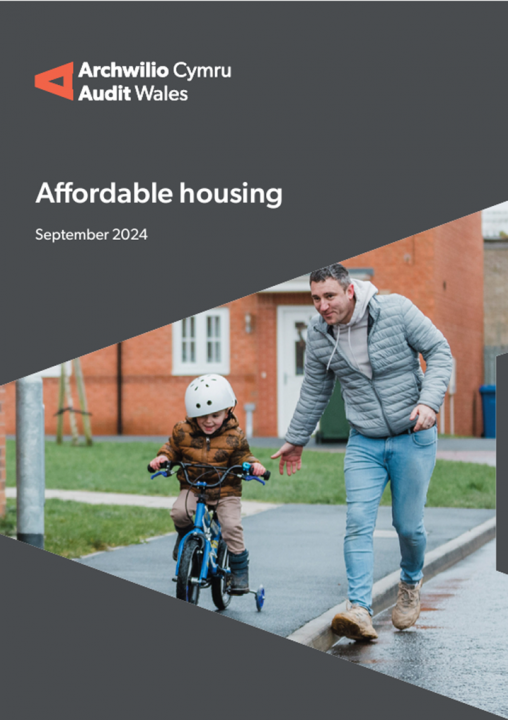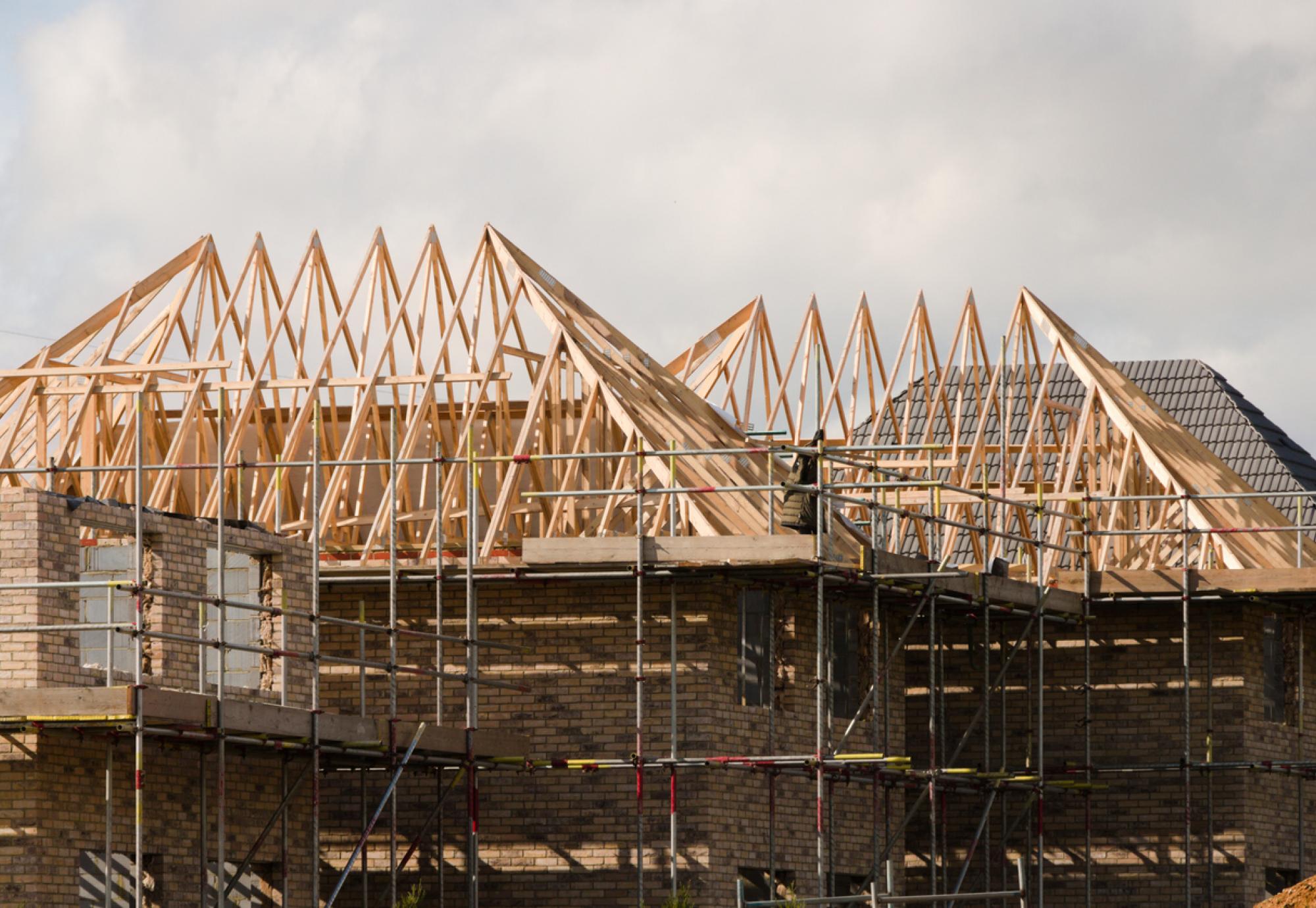According to a new report from Audit Wales, the target of delivering 20,000 new social homes by 2026 will not be met unless significant additional spending is committed.
This comes after delivery has been slower and more expensive than anticipated, however, the report does outline that the pressures driving that have been partly outside of the Welsh Government’s control.
The Welsh Government’s Programme for Government for 2021-2026 made the commitment to build 20,000 new low-carbon, social homes for renting, supporting the long-standing policy priority of providing more people with access to good quality affordable housing. With two years left of the programme, the Welsh Government has delivered less than half of the 20,000 homes, with this leading to a change of focus that sees the slow progress offset by an increased drive to acquire existing properties.
Whilst the current projection is that 19,913 homes will be delivered by the March 2026 deadline, Audit Wales has outlined how this is technically short of the target, and that some of the ‘riskier’ schemes that are currently in the pipeline are unlikely to be delivered at all, regardless of the funding that is committed.
With that in mind, Audit Wales has estimated that the Welsh Government will deliver between 15,860 and 16,670 homes that will count towards the target. In order to improve the likelihood of investment in this project stretching further, Audit Wales has recommended that the government ‘shift the balance’ towards acquiring more existing homes, however, it has noted that this may not offer long-term value for money.

Wales’ Auditor General, Adrian Crompton, said:
“Price inflation has hit the affordable housing programme hard. The Welsh Government now faces difficult choices about its funding priorities and approach if it remains committed to meeting or getting close to its 20,000 social homes target by March 2026. How the Welsh Government responds will further test its application of the ways of working expected under the Well-being of Future Generations (Wales) Act 2015. This includes how it balances short-term and long-term needs, builds on its collaborative approach, and looks to maximise positive outcomes from the significant public expenditure in this area.”
When the project was announced in 2021, the Welsh Government estimated that it would spend around £1.6 billion on this work, however in the first three years, it had spent £1.1 billion on the core schemes. A further £730 million notional budget had been also set aside for the final two years of the programme. According to Audit Wales, an additional commitment of between £580 million and £740 million would be required to even get close to meeting the target.
Image credit: iStock



















